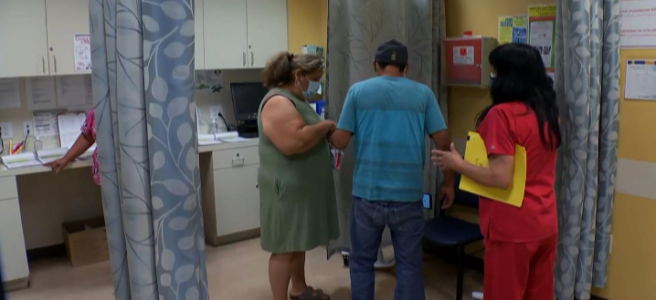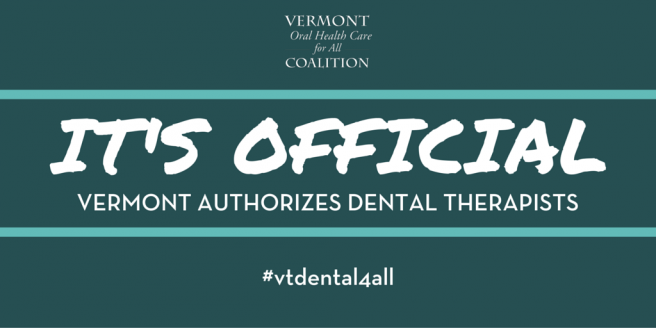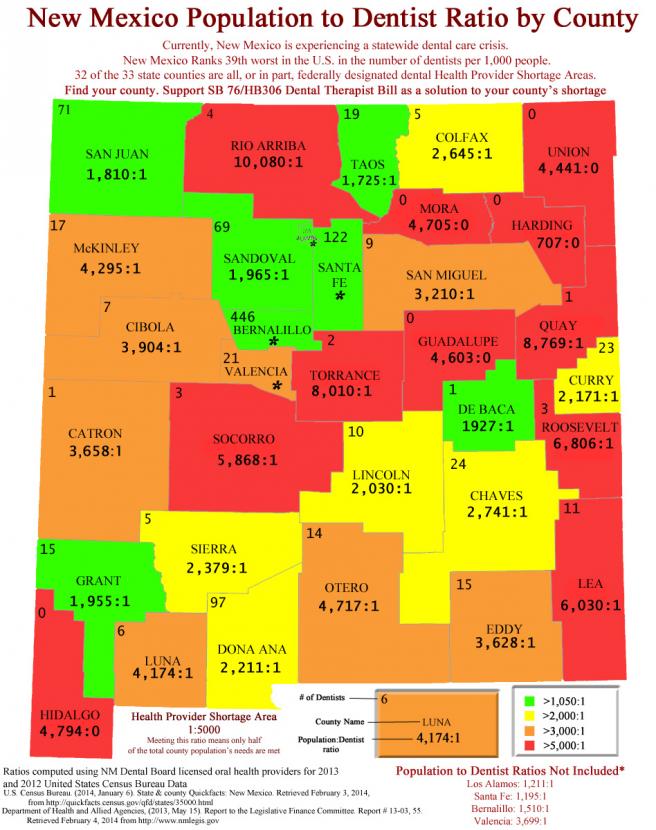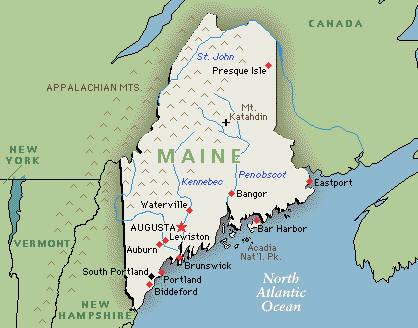Community Voices: Steven Alton's Experience with Uberly and Drug Affordability
My story is very concerning. I've been prescribed Ubrely for my severe migraine headaches this medication is $259.11 dollars for 10 pills and that is the donut hole price. I've been having migraines for about three years. It took them those three years to find a medication that would work and they tried many which made me feel like a guinea pig. Finally my doctor sent me to New Mexico Neurology. The Veterans Administration did an MRI and couldn't find anything. My neurologist said they don't understand why it happens it just does. They tried two medications one worked and one didn't. My health insurance company didn't want to pay for it because it was name brand and because of the price. My neurologist had to submit three priority authorizations which they denied. And they suggested two generic drugs that would have killed me, they finally okayed it and the Co-pay was $215.30 for 10 pills after that the price dropped to $ 66.60 for 10 pills. I have AARP Medicare Advantage because I can't afford a premium. I can't get Medicade or foodstamps because I make too much money. So the Veterans Administration helps out because I had eight years in the Military. I live on $1428.00 dollars a month I can't afford some of my drugs, rent, food, and so on because of my fixed income. And no one seems to care — not the governor, mayor, legislators, congress, not the president. They take money away from senior citizens and veterans and when we ask why they send us a form letter and say they want to help… ha !! Ha !! And drug companies want to help people get their medications but if you have Medicare or Medicaid you don't qualify for these programs. I know because my doctor and I have tried. And they still won't stop Big Pharma because 402 legislators just accepted 1.8 billion dollars for them to continue doing what they do….enough is enough! Because you're going to help me or you're not, because I can't afford these prices unless you want me dead…
Word of Mouth







